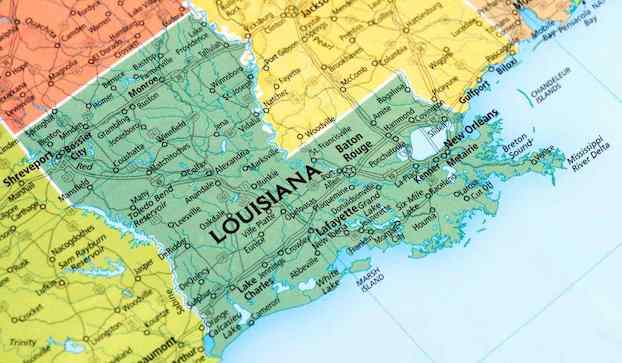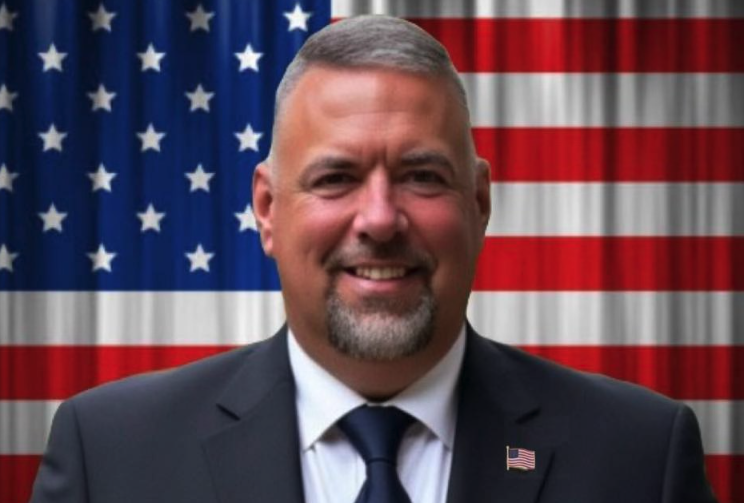Louisiana launches High Impact Jobs Program focused on energy, advanced manufacturing
Published 1:15 pm Wednesday, July 16, 2025

- (Special to the American Press)
By Nolan McKendry | The Center Square
A new state program designed to boost high-paying employment in Louisiana officially launched this month, offering grants to companies in sectors deemed critical to the state’s economy — including energy and advanced manufacturing — while excluding industries like gaming, retail, and solar farms.
Louisiana Economic Development Secretary Susan Bourgeois told The Center Square that the program has received four applicants so far.
Trending
The High Impact Jobs Program, administered by Louisiana Economic Development, was created to provide performance-based grants to businesses that create full-time, benefits-eligible jobs paying above-average wages. To qualify, companies must meet wage thresholds based on regional or parish averages and operate in eligible industries.
Bourgeois said the program emerged from a confluence of factors her department identified after she took office earlier this year.
According to Bourgeois, there were two or three issues that “seemed disparate” at first — the Industrial Tax Exemption Program changes under Governor Edwards, a 20-year-old Quality Jobs Program that had never been fully reimagined, and the lack of a modern strategic plan at the department.
“Where we’ve landed with all this is that they’re not independent,” Bourgeois said, suggesting that HIP is meant to address all three issues.
To participate in the new program, businesses must be located in Louisiana and approved by the LED secretary.
Eligible projects must either create jobs in distressed areas with wages at least 110% of the lesser of the parish or regional average wage, create jobs in other areas with wages at least 125% of the parish average wage, or retain highly skilled workers with advanced degrees, if approved in advance by LED.
Trending
Grants are reimbursable and based on the annualized wages of qualifying new jobs, capped at $2,000 per job, per year.
The reimbursement rate depends on the wage level: 8% for jobs in distressed areas that meet the lower wage threshold, 18% for jobs that meet 125% to 150% of the parish average wage, and 22% for jobs that exceed 150% of the parish average wage.
A separate grant is available to retain highly skilled workers with advanced degrees, subject to LED approval.
Bourgeois emphasized that the new program is fiscally capped at $125 million annually, unlike the Quality Jobs Program, which was open-ended and dictated entirely by statute.
“That was a commitment we made to the Legislature — that our new proposal would be fiscally responsible while still allowing us to compete and win,” Bourgeois said.
According to LED rules and program documents, energy and process industries — including liquefied natural gas services, nuclear components, and carbon ecosystem management — are explicitly listed among eligible sectors.
Other targeted industries include manufacturing, logistics, aerospace and defense, biotechnology and medical device production, agribusiness, data centers and general management operations, and technology fields such as robotics, cybersecurity, and industrial software.
LED may also approve projects aligned with its strategic plan, which is updated periodically.
Bourgeois said that updating the department’s strategic plan helped shape the direction of the program.
“We identified five North Stars for the department…one of those that’s really fundamentally important is wage growth,” Bourgeois said. “If Louisiana citizens aren’t seeing rising wages to support their families, then are we really effective?”
Some industries are expressly barred from participating.
These include gaming, retail, solar farms, professional sports teams, local utilities such as water and sewer systems, solid waste disposal, legal and accounting services, call centers, and entertainment companies such as film, music, and live performance production.
In the Quality Jobs program’s final week, major companies including Shell, Exxon, Air Products, Dow, Meta, Hyundai, and Woodland filed applications before that program’s sunset.
Each of those companies “has used the incentive in the past and built project plans around that economic formula,” Bourgeois said.





